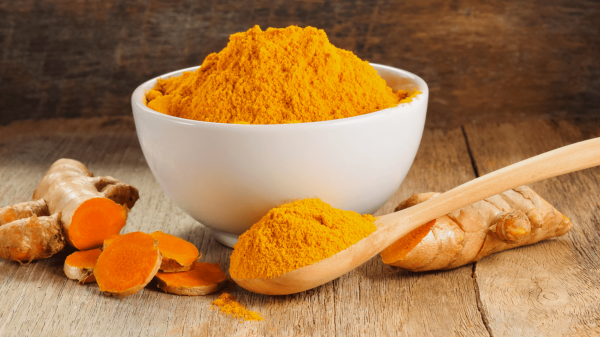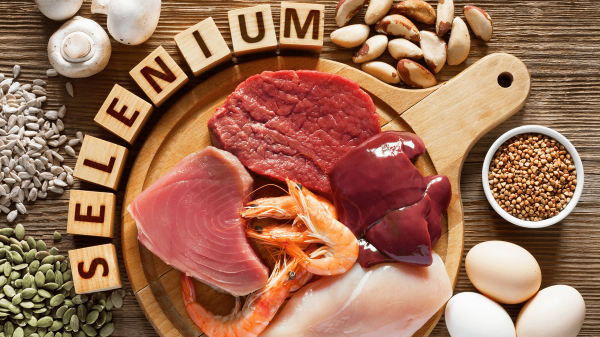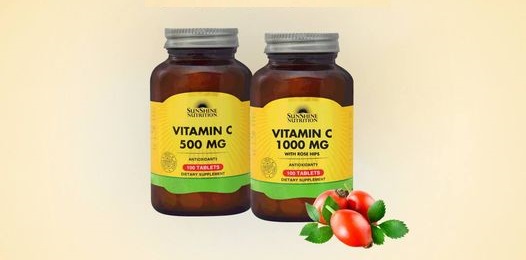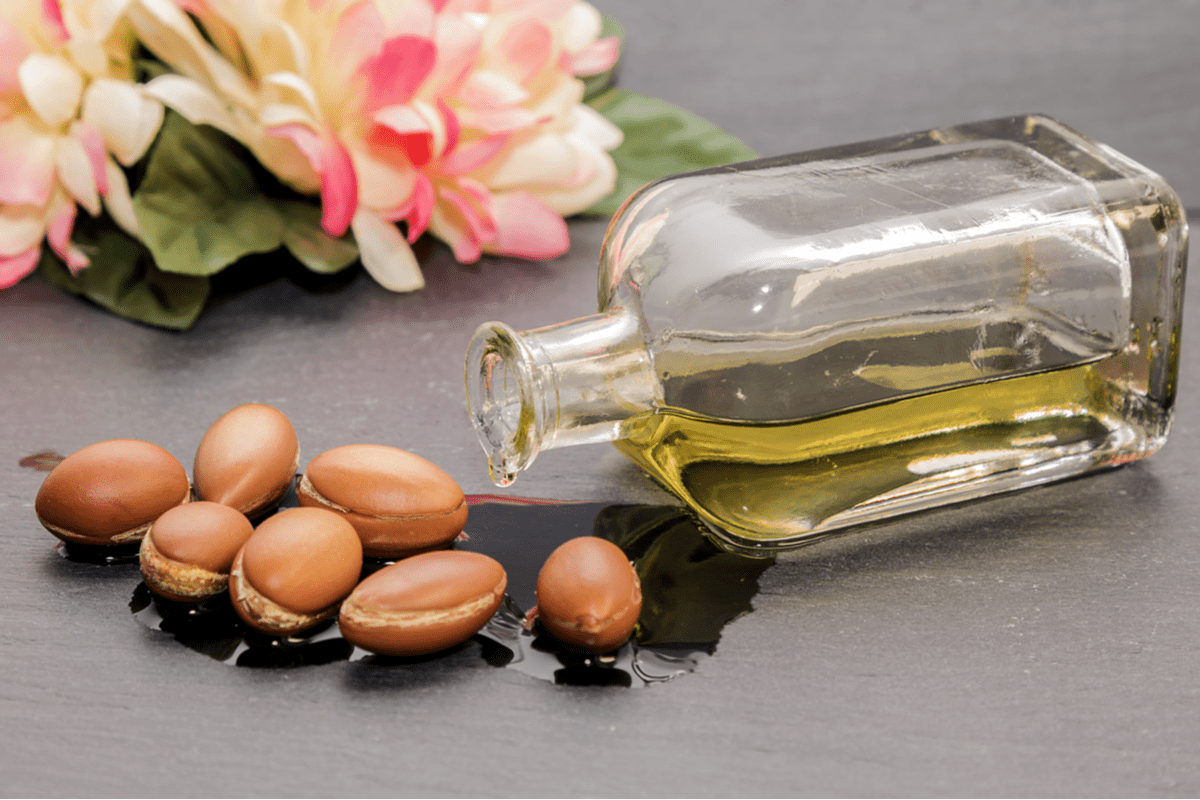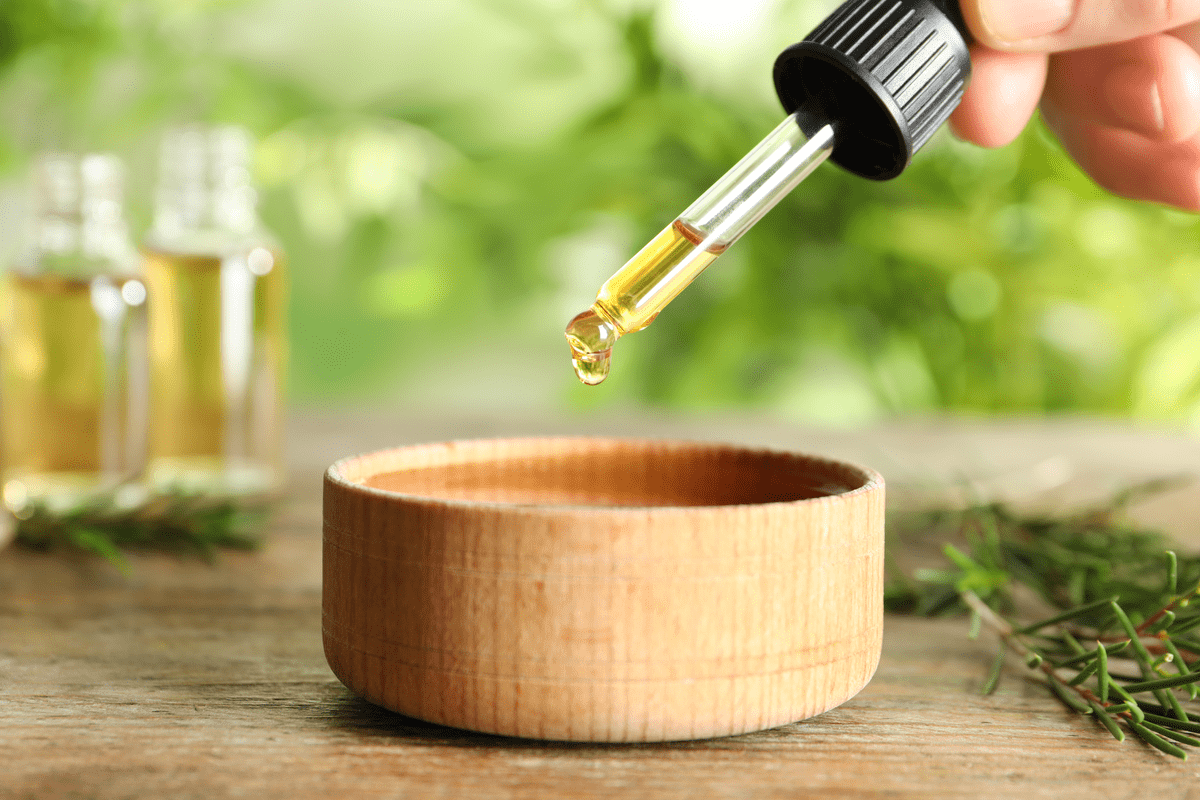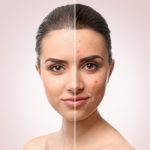Vitamin D is an essential vitamin, and it is beneficial for the different functions of the body like bone development, immune functions, absorption of calcium, and alleviating of chronic inflammations.
The recommended amount of vitamin D according to US Daily value is 20 micrograms. Vitamin D is also called the sunshine vitamin because it is made by the body when it is exposed to sunlight. 90% of the vitamin D comes from sunlight, and only 10% comes from food.
Vitamin D Deficiencies
Deficiency of vitamin D can cause many serious disorders such as weak immune system, hair loss, osteomalacia, osteoarthritis, rickets, and cancer.
Taking too much Vitamin D can also cause serious conditions like the risk of cardiovascular and kidney diseases.
Vitamin D Food Sources
The natural sources of vitamin D are;

Vitamin D Vegetable
1. Mushrooms
Distinct mushroom types are edible for those who cannot stand fish or are vegetarian or vegan. Some varieties of mushrooms have high levels of vitamin D in them.
They may be:
- Raw maitake mushrooms: This mushroom has 562 IU in 50 grams (g), which makes 94 percent of a person’s RDA.
- Dried shiitake mushrooms: This mushroom has 77 IU in 50 gram (g) which makes 12 percent of a person’s RDA.
2. Vitamin D in eggs
Chickens that are free-range are rich in vitamin D in their egg yolks. 15% of an individual’s RDA consists of 88 IU in cooked scrambled eggs made from two hen eggs.
3. Vitamin d milk
Vegetarian and vegans have chances of developing vitamin D deficiency since most of this vitamin is present in animal products.
Several nutrients, vitamins and minerals are fortified along with vitamin D in plant milk substitutes like soy milk as these are only present in cow milk. About 13-15% DV or 107-117 IU of vitamin D is contained within one cup of milk.
Fish Vitamin
4. Salmon
Vitamin D is richly present in fatty fish. United States Department of Agriculture states that 66% of DV or 526 IU of vitamin D is present in 3.5 ounces of Atlantic salmon.
5. Herring and sardines
Globally, herring fish is consumed in the form of smoked cooked, canned, raw or pickled variety. One of the best sources of vitamin D is herring fish. It contains 27% of DV or 216 IU of vitamin D in 3.5 ounces of Atlantic herring.
Different varieties of fatty fish are also good sources of vitamin D. Half a fillet of mackerel and halibut fish gives 360 IU and 384 IU accordingly.
6. Cod liver oil
One of the most common supplements is cod liver oil. You can consume cod liver oil to attain as many essential nutrients if you do not eat fish or are unable to get the required quantities from other sources.
It contains 56% of DV or 448 IU in a teaspoon, which is an amazing amount of vitamin D. Deficiency in kids, has also been treated and avoided by using this form of supplement.
7. Canned tuna
Canned tuna is used by many people as they are effortless to stock and because of its taste. Rather than buying expensive fish, tuna is much more economical to keep.
Canned tuna contains 34% DV, which means 268 IU is present in a 3.5-ounce serving. Niacin and vitamin K are also present in good amounts.
Vitamin D Drink
8. Orange juice
Lactose intolerant people make up 75% of the world’s population, and 2-3% population of people are allergic to milk.
This is why companies fortify orange juice with major nutrients like calcium and vitamin D. at breakfast, starting off with a cup of fortified orange juice, gives you 100 IU vitamin D or 12% of DV.
Vitamin D fortified foods
9. Cereal and oatmeal
Variety of cereals like instant cereals and oatmeal are fortified with vitamin D. 54-136 IU or about 17% of vitamin D, is given in half a cup of these.
Even though natural sources of vitamin D are more fulfilling, fortified cereals and oatmeal still give nurture your health with sufficient intake.
10. Fortified yogurt
It was therefore decided that eating 2 fortified yogurts, with 125 g of serving, can help you to boost your vitamin D levels, improves your secondary hyperparathyroidism and decreases excess of bone resorption, with none of these benefits found in non-fortified food.
A reduced PTH and bone resorption markers were seen with adequate amounts of calcium intake, as sparing effect is produced with large calcium consumption on vitamin D status.


